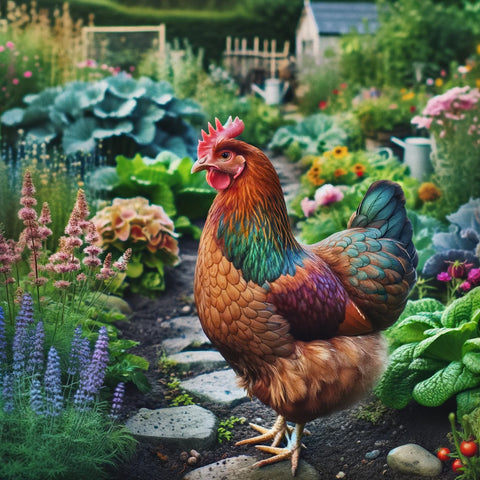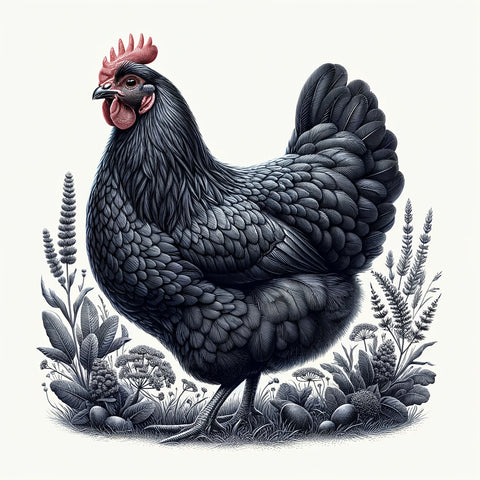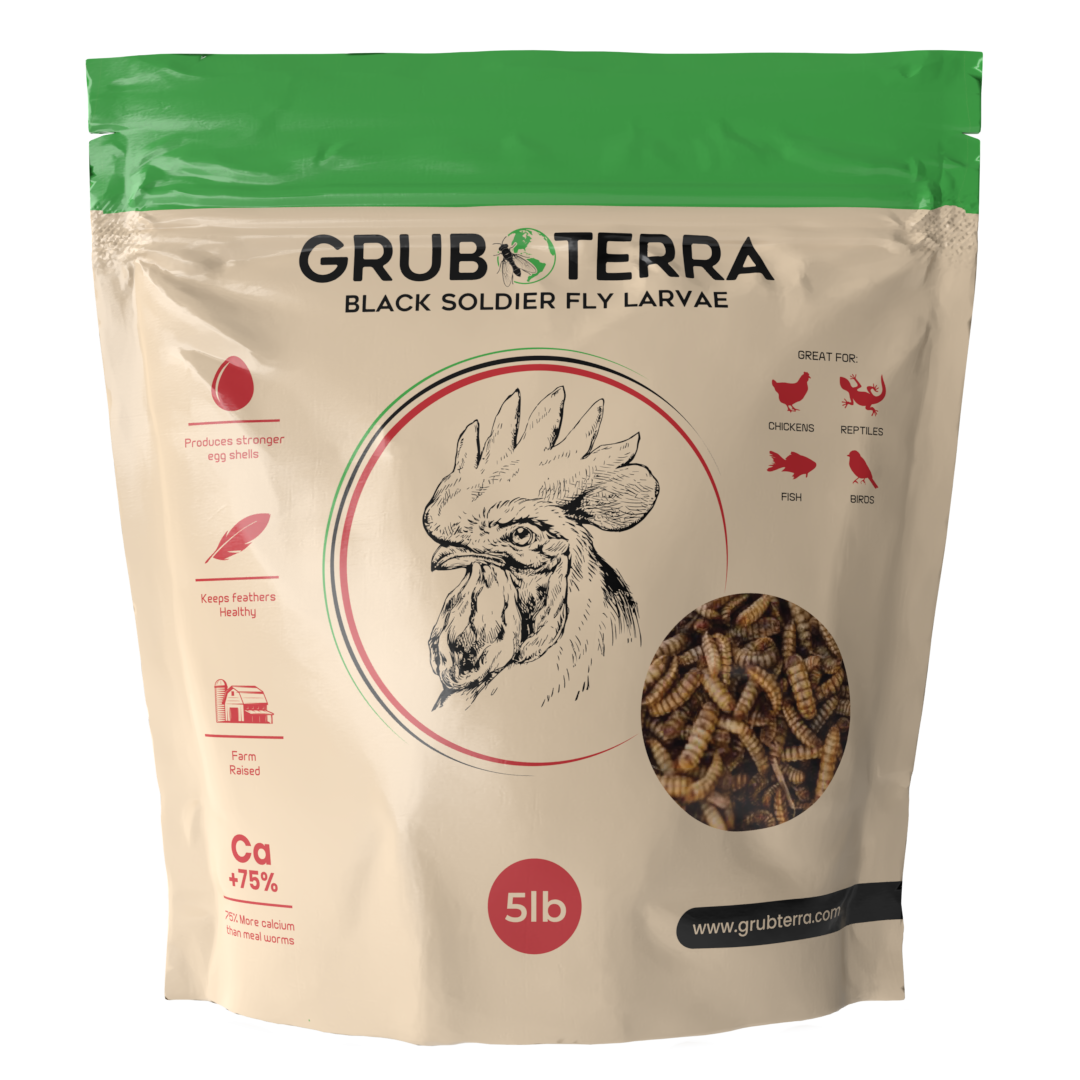Introduction to Egg-Producing Chicken Breeds
Raising chickens in the backyard has become a beloved activity for many, offering not just the joy of tending to these birds but also the practical benefit of fresh eggs. Selecting the right chicken breed is crucial for anyone looking to maximize egg production. This guide delves into the top chicken breeds known for their egg-laying prowess, providing insights into each breed's characteristics and how to care for them effectively.

Why Egg Production Matters
Factors Influencing Egg Production
Egg production is not just about the breed; it's influenced by a myriad of factors including diet, environment, and health. Understanding these can help you optimize your flock's output.
Benefits of Raising Chickens at Home
Beyond the eggs, raising chickens can enrich your life and garden in numerous ways. They provide natural pest control, produce fertilizer for your plants, and can be a source of entertainment and education.
Top Egg-Producing Chicken Breeds
Leghorn
Famed for their prolific egg-laying abilities, Leghorns can produce up to 280 eggs per year. They are hardy, adaptable, and efficient foragers.
Rhode Island Red
These birds are robust and versatile, capable of laying around 250 brown eggs annually. They thrive in various environments, making them a favorite among backyard farmers.
Sussex
Sussex chickens are not just good egg layers but also have a calm demeanor, making them great pets. They can lay around 250 eggs per year and are excellent for families.

Plymouth Rock
Plymouth Rocks are renowned for their friendly nature and robustness, making them excellent backyard chickens. They are capable of producing about 200 large, brown eggs per year. Their adaptability to various climates and their dual-purpose nature (for both meat and eggs) make them a versatile choice for any backyard farmer.
Australorp
Australorps hold a special place in the hearts of poultry enthusiasts, thanks to their impressive egg-laying record. An individual Australorp hen once laid 364 eggs in 365 days under official Australian testing. Generally, you can expect around 250 to 300 light brown eggs per year from an Australorp. They're also known for their shiny black feathers and friendly disposition, adding beauty and charm to your flock.

Understanding Chicken Breed Selection
Climate Considerations
Not all chicken breeds thrive in every climate. When choosing a breed, consider your local weather conditions. Breeds like the Leghorn are resilient in warm climates, whereas Sussex chickens can fare well in cooler temperatures.
Space Requirements
The amount of space you have available can also influence your breed choice. Breeds like the Rhode Island Red and Plymouth Rock are adaptable to confined spaces, making them suitable for smaller yards.
Feed and Nutrition
Optimal egg production is closely linked to diet. High-quality feed from reputable sources is essential. For an added nutritional boost, consider supplementing with GrubTerra's Black Soldier Fly Larvae, which can support the health and egg-laying capabilities of your chickens.
Feeding for Optimal Egg Production
Essential Nutrients
A balanced diet is crucial for egg production. Layers need a diet high in protein and calcium. Ensure that the feed you choose meets these nutritional requirements.
Supplements and Treats
In addition to regular feed, offering your chickens supplements and treats can enhance their overall health and productivity. GrubTerra's products are an excellent source of extra nutrients, providing the added benefit of promoting stronger eggshells and more nutritious eggs.
FAQs
How many eggs can I expect my chickens to lay per year?
The number of eggs depends on the breed, but some of the top layers can produce between 250 to 300 eggs per year.
What should I feed my egg-laying chickens?
A balanced diet rich in protein and calcium is crucial. Consider supplements and treats from reliable sources like GrubTerra to boost their nutrition.
Do I need a rooster for my hens to lay eggs?
No, hens will lay eggs regardless of a rooster's presence. Roosters are only necessary for fertilizing eggs.
How can I ensure the health of my egg-laying chickens?
Regular check-ups, a clean coop, and a balanced diet are key. Watch out for signs of stress or illness and address them promptly.
Conclusion
Choosing the right egg-producing chicken breed for your backyard is just the start. Proper care, nutrition, and environment play a significant role in maximizing egg production. By following the tips and advice outlined in this guide, you can enjoy a steady supply of fresh eggs while providing a happy and healthy life for your chickens. For more information on chicken care and nutrition, visit GrubTerra's blog.
Remember, each chicken breed has its unique characteristics and needs, so consider what works best for your space, climate, and lifestyle. Happy farming!


